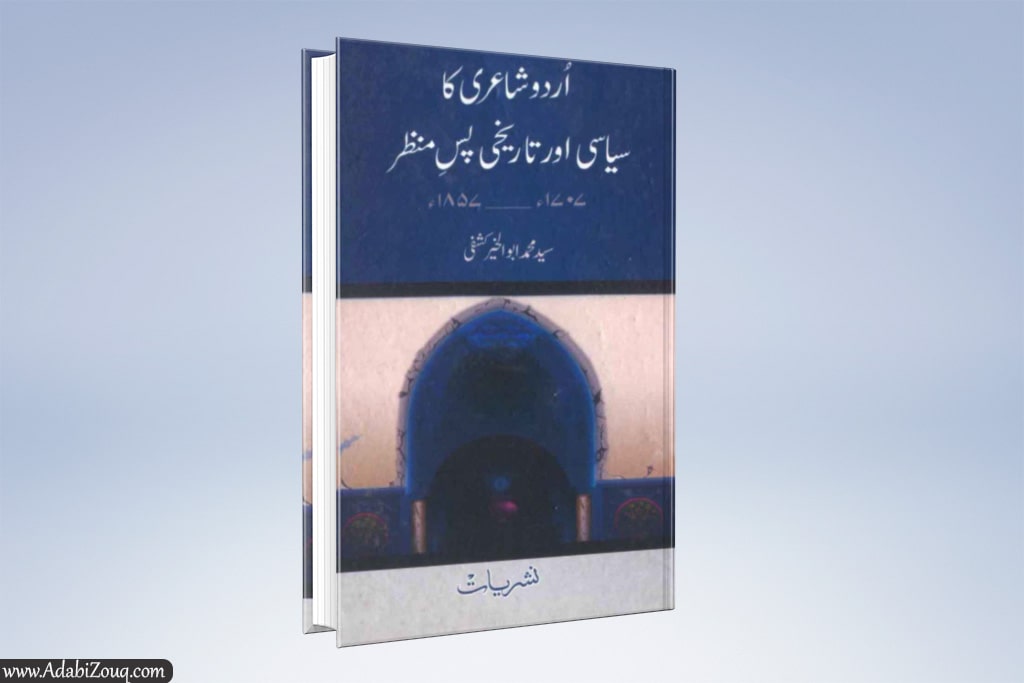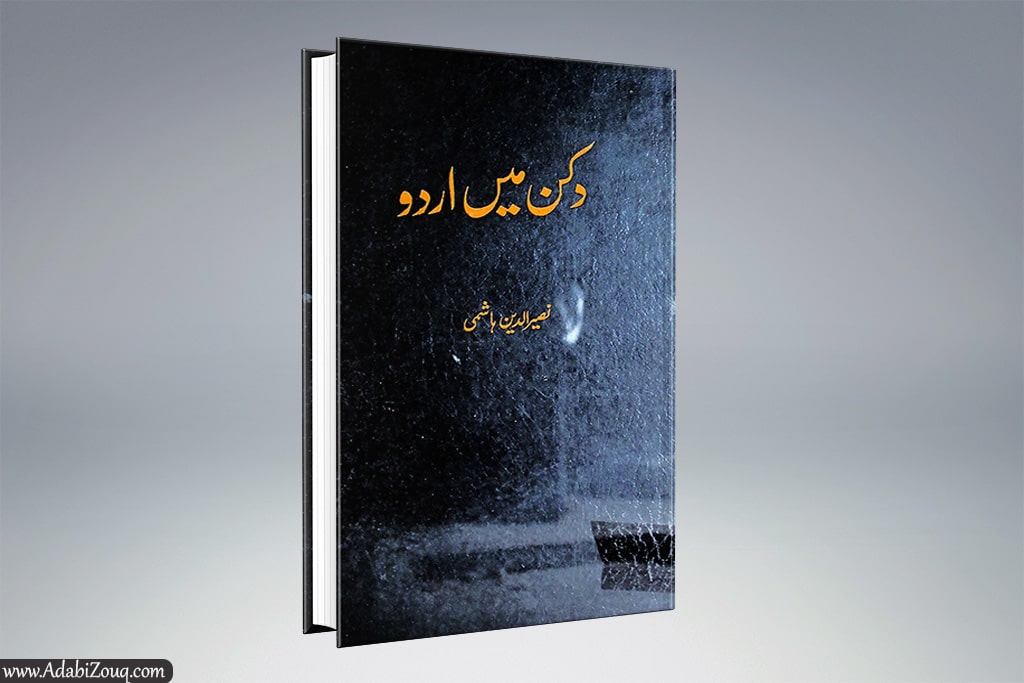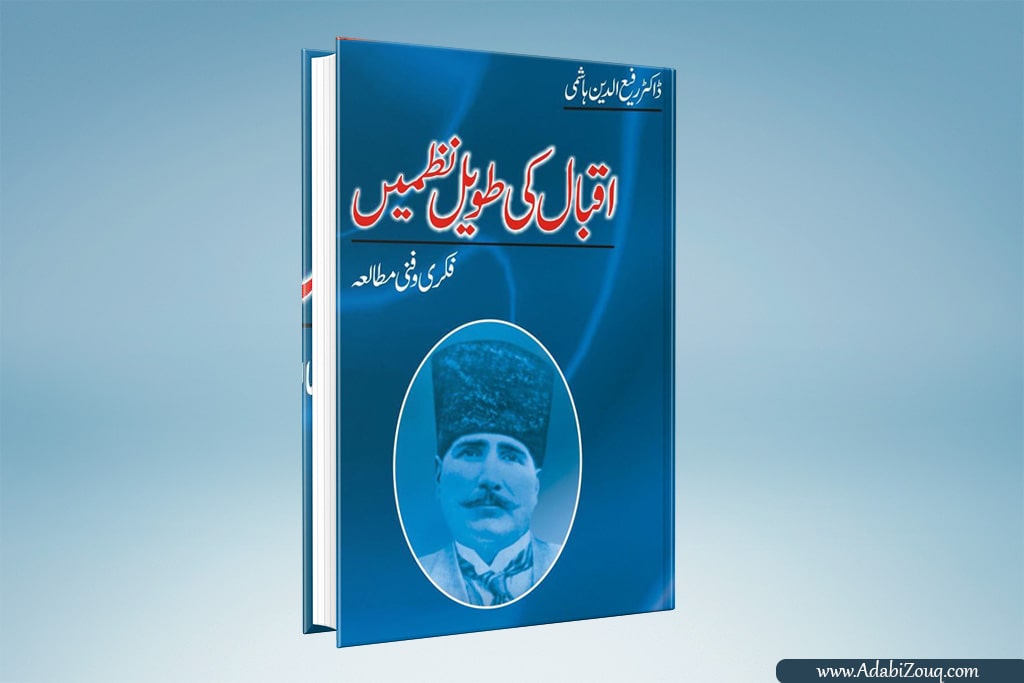Maghribi Tanqeed Ka Mutaala Book By Abid Siddique
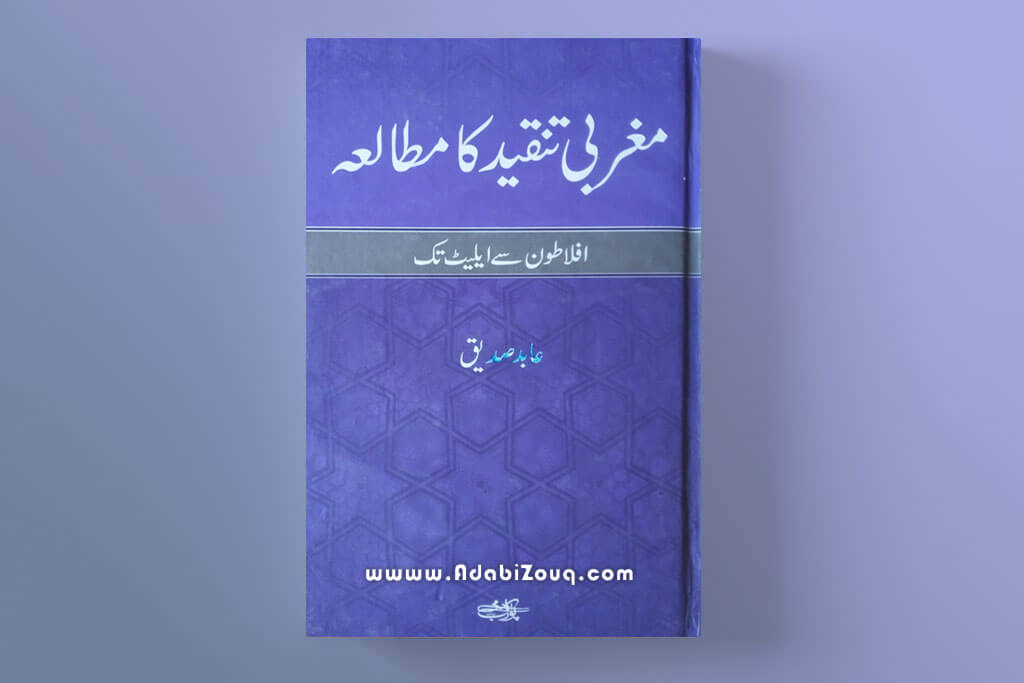
Maghribi Tanqeed ka Mutaala is an essay by Abid Siddique. The author has tried to collect the views and opinions of some famous Western critics in this book. It has been translated from English. Many authors have written books on Western criticism.
But in this book, for the first time, a great deal of critical situations has been transferred from English to Urdu with coherence and continuity. This book is written for the students of Urdu literature. Therefore, the scholars are not satisfied with this, but the students will benefit. This is a comprehensive and concise book.
Arastu Se Eliot Tak, Maghribi Tanqeed ka Mutaala according to my personal opinion, is a book written in simple words that the average reader can read and understand easily. Abid Siddique has used critical English books to write this book. The author understood the English language critically and wrote well in Urdu. Prof. Abid Siddiqui is a very sincere and worthy servant of Urdu literature.
I am confident that this book is a great addition to my predecessor Urdu books. We know the structure of prose and poetry was provided by Greece.
Table of Content / Sample Page
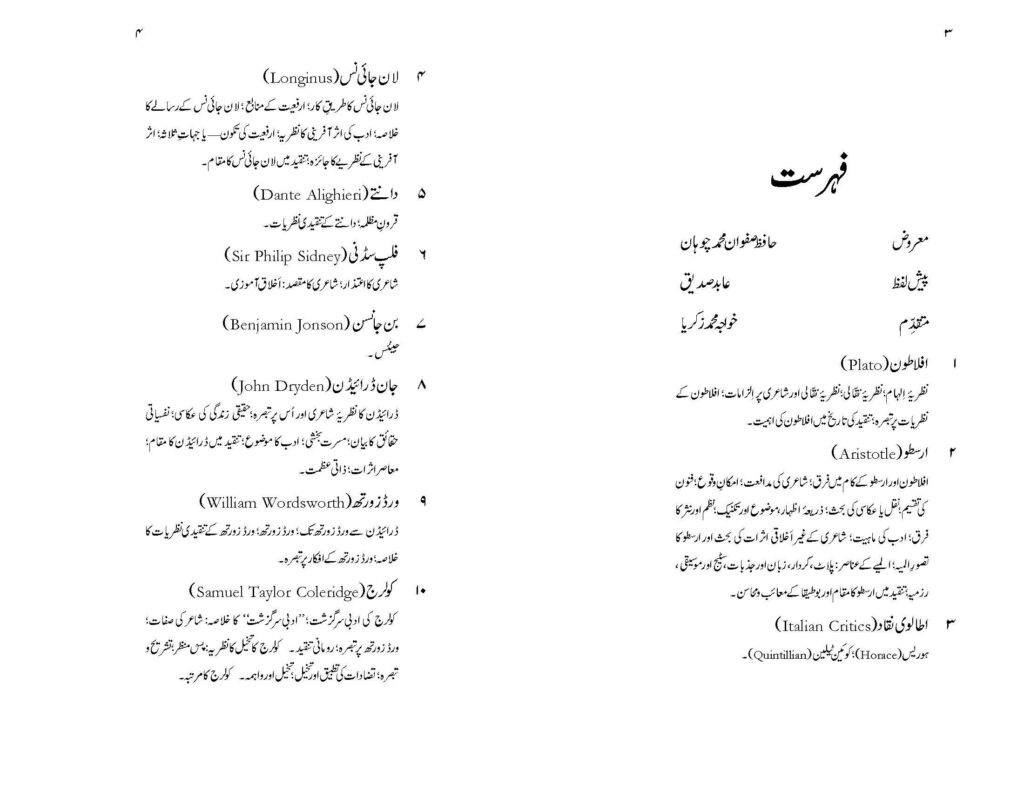
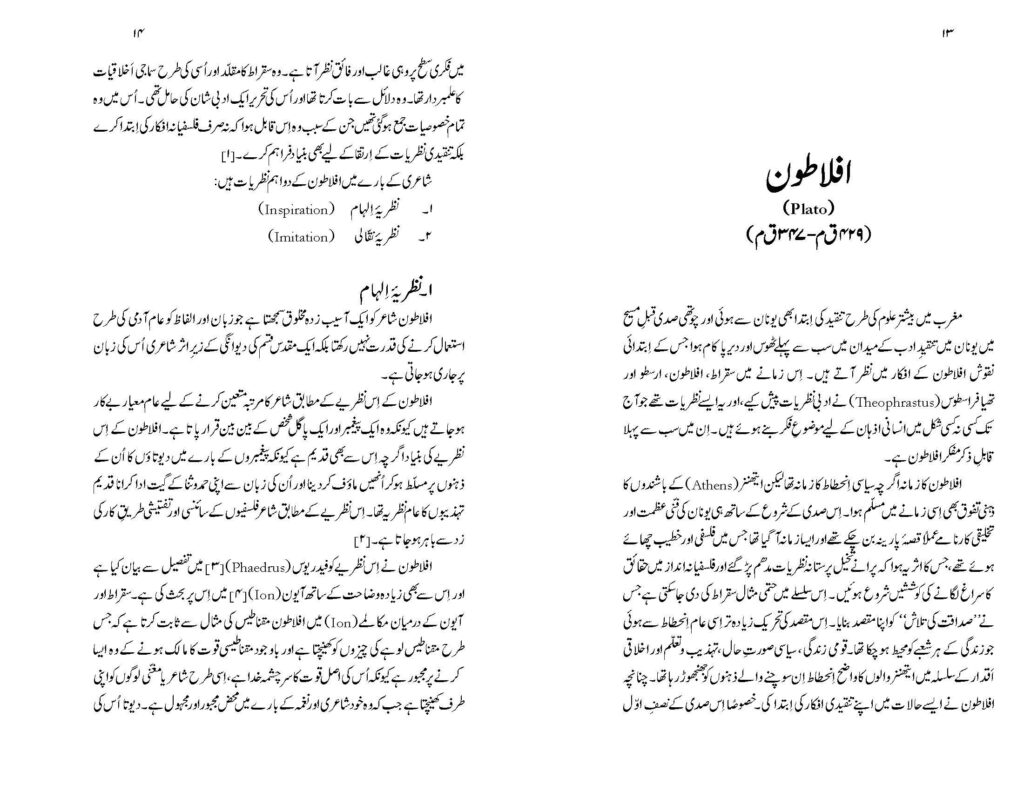
Urdu criticism is an interesting subject. If you want to read more about Urdu tanqeed, Read this book Tanqeed aur jadeed urdu tanqeed by wazir agha to improve Your knowledge.
Final Words
Maghribi Tanqeed Ka Mutala By Abid Siddiqui is a valuable primer on major Western literary critics and theories. Translated from English, it makes seminal European critical thought accessible to Urdu readers.
The book lucidly surveys influential critics from Aristotle to Eliot, providing Urdu students and scholars the necessary grounding in the origins of criticism before studying indigenous analysis.
Siddiqui’s comprehension of English criticism and eloquent Urdu prose makes this an engaging and enlightening read. As Urdu tanqeed draws heavily from Western literary analysis, It emerges as an important reference work for anyone interested in a concise yet insightful introduction to foundations of modern criticism.

